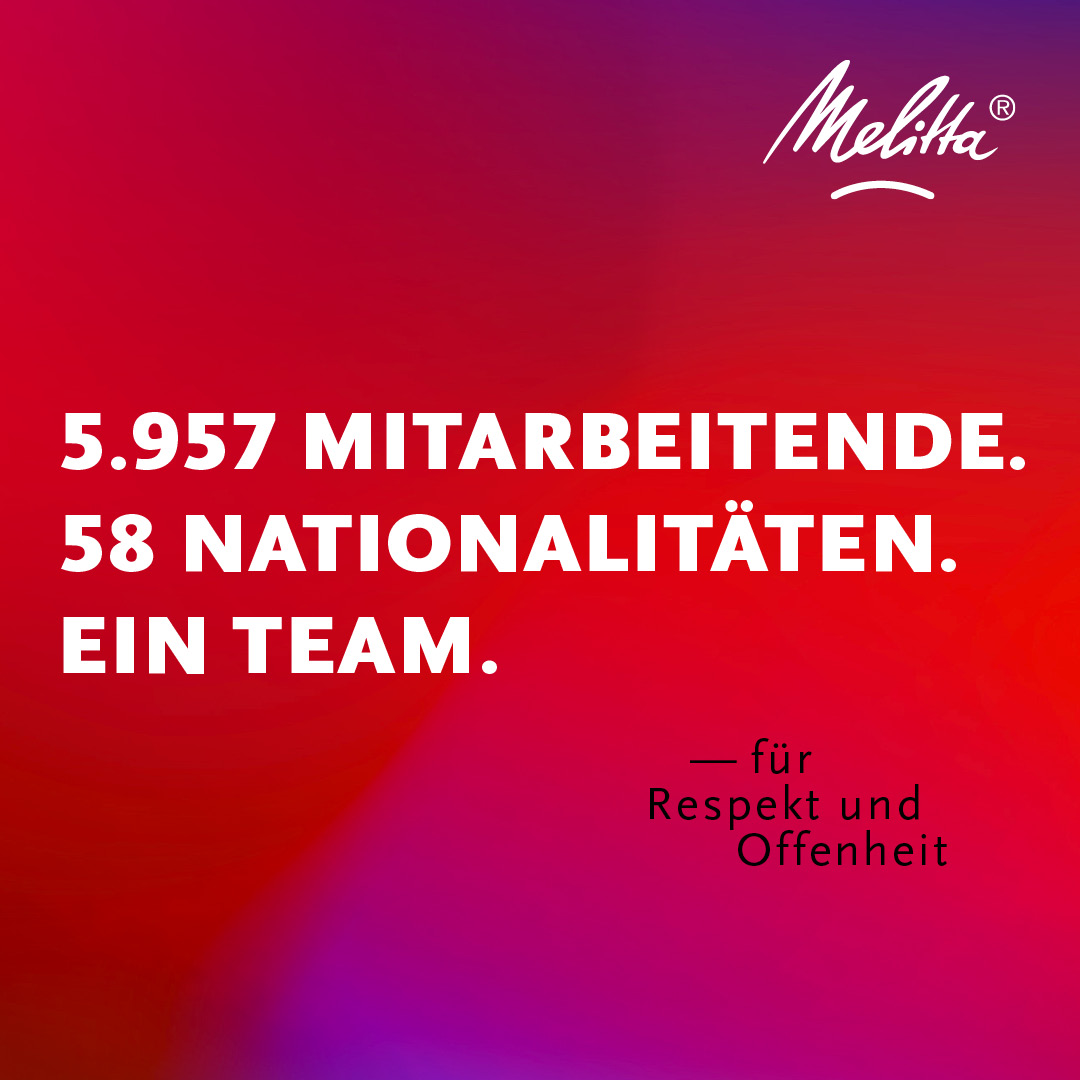Back to the Roots


The Melitta Group is working on ways to reuse organic waste in coffee production. The Peixoto family participates in the project and shares their experiences.
"We are always open to new things and like to learn"
The Peixoto’s coffee farm is a real family business. Together with his wife and brothers, Roberto Peixoto has built up a lot. The family runs an 18-hectare coffee farm in the Brazilian province of Minas Gerais. That means a lot of demanding work. Even though it's a lot of work, I'm proud of what we do every day. Working with my family is simply more fun," says Roberto Peixoto.
Since 1999, his wife Neide Peixoto has been firmly involved in the family business. "My father always told me that the coffee business was not for women. I proved him wrong," she says. The harvest season is the most strenuous every year. One person remains in the drying yard to turn the coffee cherries harvested from the previous day and ensure even drying. Everyone else picks the fruits of the coffee plants.





Climate change affects yields
Despite the long experience in coffee cultivation and the hard work, the family business has faced ever greater challenges in recent years. They are increasingly concerned about the climate. In addition, there are the rising prices for fertilizers. "These are incalculable problems that severely affect our work and income. The frost in 2021, which was followed by a long drought, caused crop failures this year," says Roberto Peixoto.
When they heard about the "Back to the Roots" project, which the Melitta Group is conducting together with the Hanns R. Neumann Foundation in the Brazilian region of Minas Gerais, the family was immediately interested. "We are open to new methods and insights that help us in our work," says Roberto Peixoto.
The aim of the project is to find ways to reuse organic waste in coffee production – such as the pulp of coffee cherries – as fertilizer. The aim is not only to dispense with chemical fertilizers and thus increase the profitability of coffee cultivation, but also to improve soil quality and make the plants more robust and resistant to climate fluctuations. To this end, the Melitta Group and the Hanns R. Neumann Foundation are collaborating with Brazilian waste management experts and scientists, including those from the renowned Universidade Federal de Lavras (UFLA).




A new view of organic waste
Even though the project has not yet been completed, the family has already successfully converted some processes in their business. "We now look at our previous waste in a completely different way. We no longer see it as a burden that needs to be removed, but we try to use what it can still offer us," says Neide Peixoto. The family has had good experiences with the production of biochar, which they make from wood from old coffee plants that can no longer be used for cultivation. "In addition, the project allows us to exchange ideas with other coffee farmers who are facing similar challenges. We think that makes a lot of sense," says Roberto Peixoto. However, there are still some problems: The circulation of the compost mixed with the coal by hand is very laborious and difficult. Ideally, this should be done with a tractor, which the family does not have.


Sharing experiences – learning from each other
After using their home-made fertilizer for the first time, Roberto Peixoto is optimistic: "We have noticed changes in our plants. They look greener and have kept their leaves despite the long drought." The soil analysis confirms this impression and revealed a high concentration of organic matter.
The coffee plants of the Peixoto family are therefore supplied with a lot of nutrients and require less chemical fertilizer. "If the first positive results are confirmed in the longer term, I look forward to being able to pass on the new knowledge to other coffee farmers. After all, we want others to benefit from what we have tried," says Neide Peixoto.

